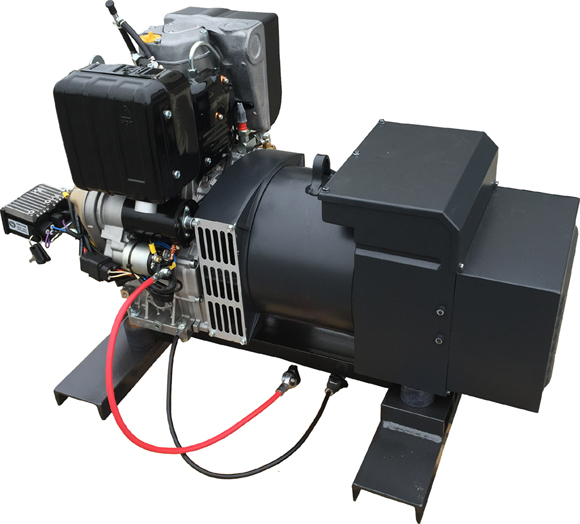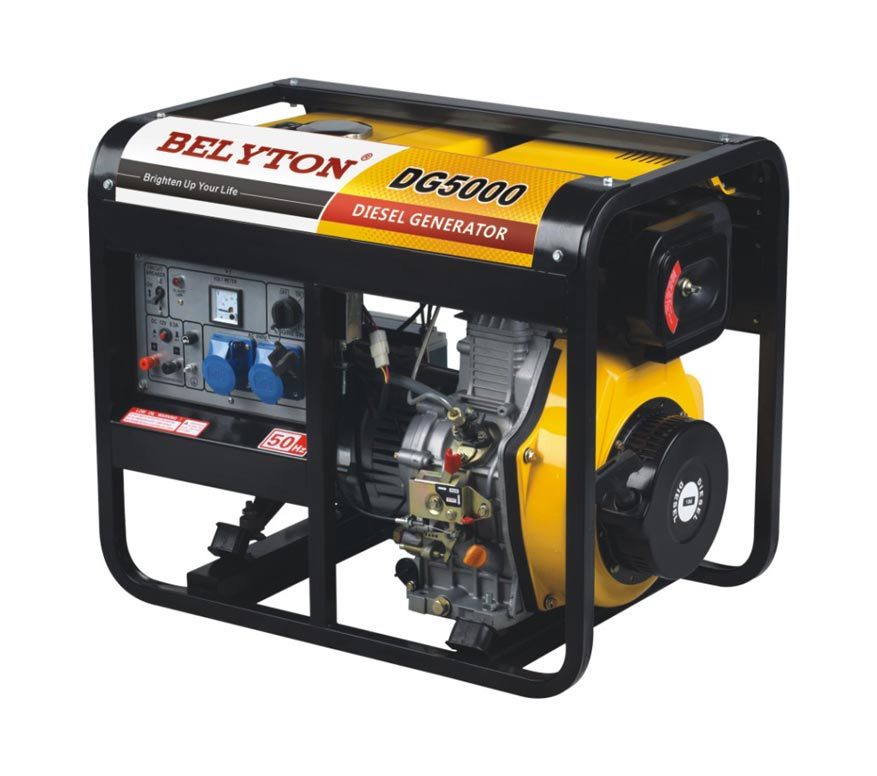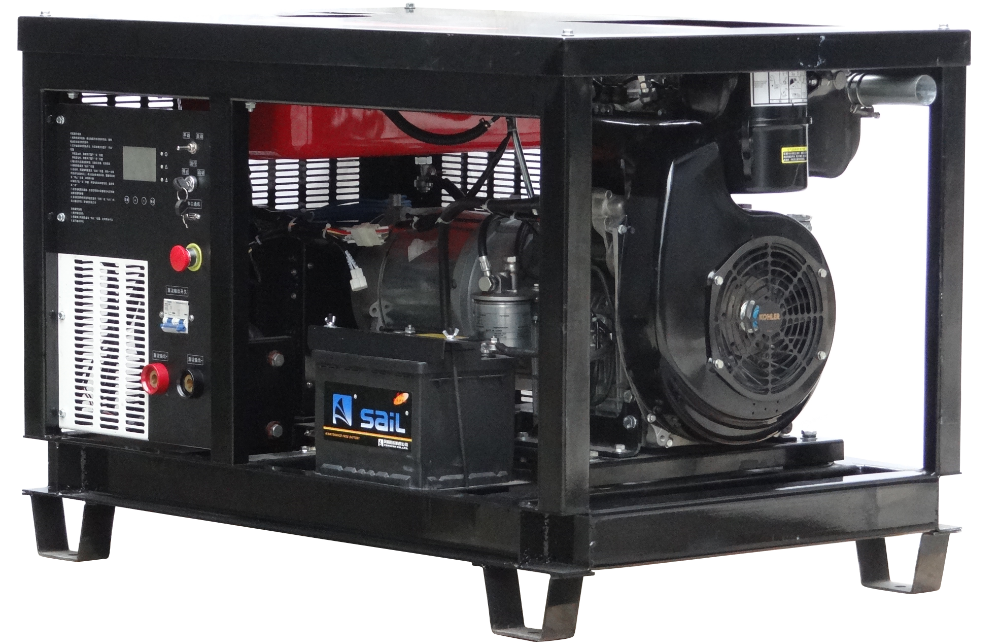Whenever the electricity goes out, the first thing that starts is the generator. As soon as the generator starts, the appliances and fixtures start working as well. Whether these generators are installed in homes or the commercial buildings or factories, they have one work and that is to, produce electricity. Just, like any other appliance, these generators to come in a large number of varieties. Other than the type of generator based on its working, mechanics and fuel, these generators are also categorized based on their power output. This is where the difficult task starts for the buyers, as they need to calculate their power usage and then need to decide on a generator. Let’s discuss various diesel DC generators and their power output.
Understanding the power of generator
When it comes to any electrical appliance that does any type of job, three things are counted; voltage, amperes and watts. Understanding these things is very crucial to make sure that one takes the right decision based on the consumption and size of the generator. Each generator is categorized is based on the watt or kilowatt basis, which tells how much power it can produce. The three electrical measurements are:
- Voltage
Voltage is one of the things that come first in one’s mind when they are buying electrical appliances. Generators are no different. Voltage is the pressure which pushes the electrons and makes them flow through the conductor. Flowing electrons will complete the task for which the appliance is used. Therefore, the voltage tells how much pressure is required for the electrons to flow through the device and complete the task.

- Amperes
Amperes is the number of electrons that flow through the conductor, amperes is the measurement of electricity; therefore, it is the measurement of the number of electricians. Every generator has a certain ampere mentioned, and this tells the number of electrons that are required by the appliance.
- Watts/kilowatts
Watts or kilowatts are the measurements of power. This tells how much work the generator can do in a particular set unit of time. Therefore, the generators denote watts or kilowatts to tell how much power to can produce. The power is based on both voltage and current that the appliance required to operate. More watts mean more power. The watts are calculated by the multiplication of current (amps) and voltage (volts). The kilowatts the calculation of watts divided by 1000.
- Power requirement
Now, generators are required in domestic setups and also for the commercial requirement. In both instances, the power usage is different, and therefore, the generator to be used should be different as well. Thus, it is very crucial to have a clearer picture of what s the power usage before choosing a generator. One can learn about the power consumption of every appliance placed in the home or factory to get an idea. Now after, adding up the watts, one will get a rough idea of the power consumption of the appliances together. Now based, on this calculation one can decide on a generator based on its watt or kilowatt capacity. Usually, generator of up to 7.5KW is used, for domestic purposes. And, generator of 300 KW capacity is used, for industrial purposes.
Types of generators
When it comes to generators, they can be divided based on the generator’s power capacity. One can find many brands and varieties in the market, which will fit the requirement perfectly. Let’s discuss the diesel DC generators of varying power capacity and sizes:
- Up to 10KW
These are usually portable generator which is perfect for small offices and homes. Any generator up to 5KW power capacity can run simple electrical appliances like fans, lights etc. these come is varieties of propane, natural gas and diesel.
- 10KW to 50KW
These are more efficient as compared to others. They are a perfect fit for those homes where there are many appliances like AC, geysers, air purifiers, etc. they run on natural gas, propane and diesel.
- 50KW to 100KW
These generators are much more powerful and big. They are not for homes but are suitable for big offices and restaurants. These generators can be used to run several computers and central air-cons.

- 100KW to 200KW
These generators are perfect for small scale to medium scale industries. They can keep the machines running for 8 hours if the tank is full. They can give enough backup, but the noise produced can be an issue.
- 200KW to 300KW
These generators are mostly used, for commercial buildings where they need to keep the ACs and elevators running. They are also used for large scale industrial purposes to run big machines and appliances.
Sizing up a generator
When it comes to getting a generator, several things should be kept in mind. Among these, the power capacity and usage are the two most crucial things to ponder upon. Few things to keep in mind are:
- Calculate right
One should take into account all the appliances that will be used, under generators’ power. This should include big and small appliances.
- KVA
Now the generators are tagged in kVa (kilo volt-amperes). Therefore one should convert the kilowatts into kilo volt-amperes by dividing the former by power factor.
- Running time
One should also take into consideration the fact whether the generator will run all time or will be used only during an outage.
- Location
Lastly, take into consideration the location and size of the generator where it will place. The place should have enough manoeuvrability and space.
Choosing the generator should be based on various factors, but power generation should be the first thing. One should calculate their power usage, running time and then should choose a generator that matches the requirement perfectly.

